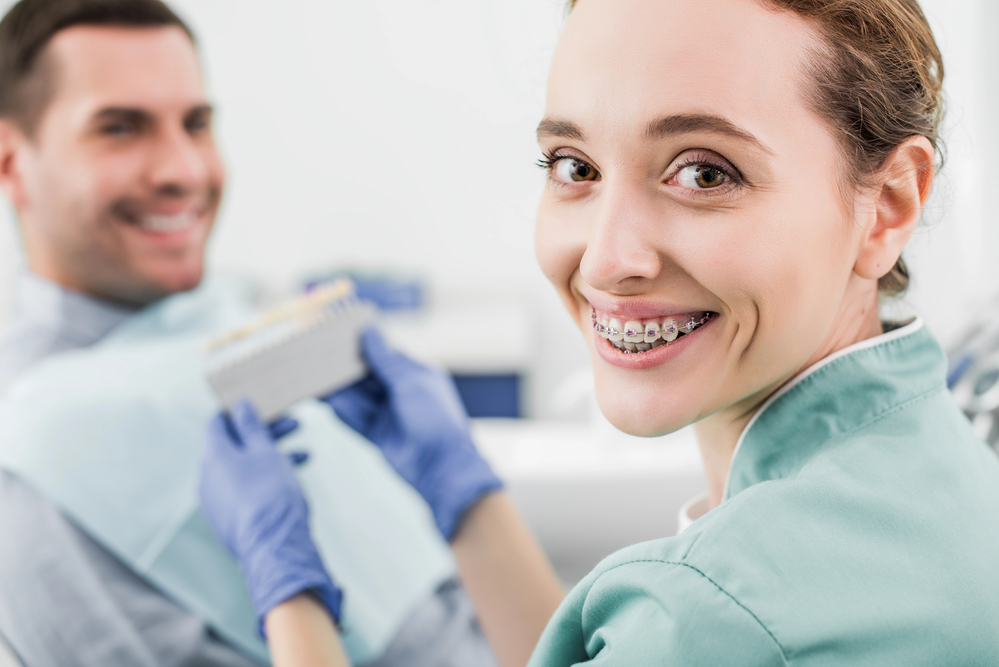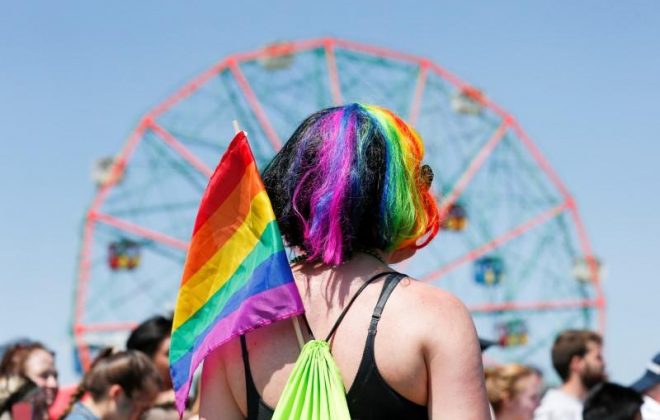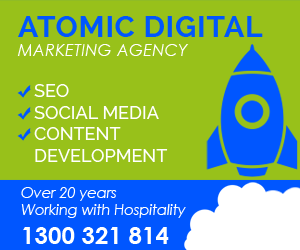It’s Time To Ignore Yet Another TikTok Dental Trend
The digital age has ushered in countless benefits, from instant communication to boundless information. However, it has also brought about a slew of dubious trends and misinformation, particularly in the realm of health and wellness. One such area that has seen a concerning rise in misguided advice is dental care, with “teeth whitening” being a particularly hot topic. Social media platforms, especially TikTok, have become breeding grounds for viral dental trends that promise quick and dazzling results but often lack scientific backing and pose significant risks.
The Allure of TikTok Trends
TikTok, with its short, engaging videos and vast user base, is a powerful platform for sharing content. It’s no surprise that dental trends, particularly those promising whiter teeth, have taken off. The appeal is understandable: who doesn’t want a brighter smile? Influencers, often with little to no dental expertise, promote these trends, showcasing dramatic before-and-after transformations. These videos amass millions of views, likes, and shares, lending them an air of credibility that can be dangerously misleading.
The Problem with DIY Teeth Whitening
Teeth whitening is a cosmetic procedure aimed at lightening the color of the teeth. Professional treatments conducted by dentists are proven to be safe and effective. However, TikTok is rife with DIY teeth whitening hacks that range from dubious to downright dangerous.
One popular trend involves using household items like baking soda and hydrogen peroxide to create a homemade whitening paste. While these ingredients are found in some commercial whitening products, their unregulated, improper use can lead to enamel erosion, increased tooth sensitivity, and gum irritation. Enamel, once damaged, does not regenerate, leading to permanent dental issues.
Another alarming trend is the use of activated charcoal. Proponents claim that it whitens teeth by absorbing stains and toxins. However, there is no substantial scientific evidence to support these claims. Dentists warn that the abrasive nature of charcoal can wear down enamel, making teeth more susceptible to decay and sensitivity.
Social Media: A Double-Edged Sword
Social media has revolutionized how we access information, but it has also blurred the lines between expert advice and unverified claims. The democratization of content creation means anyone can share their “miracle” teeth whitening methods without accountability. The more sensational and visually striking the results, the more likely they are to go viral, regardless of their safety or efficacy.
TikTok’s algorithm amplifies this issue. It rewards engagement, pushing popular content to more users. Thus, even the most reckless dental advice can spread rapidly, reaching impressionable audiences who may take these trends at face value.
The Role of Influencers
Influencers wield significant power on social media. Their endorsements can make or break products and trends. However, the pursuit of views and likes can sometimes overshadow responsibility. When influencers promote unsafe dental practices, they often do so without understanding the potential harm they could cause their followers.
Many influencers fail to consult dental professionals before recommending teeth whitening hacks. The allure of quick results and the pressure to produce engaging content can lead them to overlook the importance of scientific validation. This can result in followers trying dangerous methods that might cause irreversible damage to their teeth and gums.
The Importance of Professional Guidance
When it comes to teeth whitening, professional guidance is paramount. Dentists have the expertise to recommend safe and effective treatments based on individual needs. Professional whitening procedures use regulated products and techniques that minimize risks and ensure the best possible results.
Moreover, dentists can identify underlying dental issues that may need to be addressed before whitening. For instance, cavities, gum disease, and tooth sensitivity should be treated prior to any whitening procedure to avoid exacerbating these conditions.
Promoting Safe Dental Practices
Education is key to combating the spread of harmful dental trends on social media. Dental professionals and organizations must take an active role in debunking myths and providing accurate information. Utilizing social media to share expert advice and engaging content can help counteract the influence of misleading trends.
Platforms like TikTok also have a responsibility to ensure the safety of their users. Implementing stricter guidelines for health-related content and promoting verified information from reputable sources can help mitigate the risks associated with viral dental trends.
In the quest for a whiter smile, it’s crucial to prioritize safety and efficacy over viral trends. While TikTok and other social media platforms offer a plethora of information, not all of it is reliable. When it comes to teeth whitening, professional guidance from a dentist is the best route to achieving a healthy, bright smile without compromising dental health.
It’s time to ignore yet another TikTok dental trend and trust the experts who have dedicated their careers to understanding and preserving our oral health. The promise of instant results may be tempting, but the long-term consequences of following unverified advice can be severe. Let’s focus on maintaining our smiles with proven, safe methods rather than falling for the latest social media fad.





